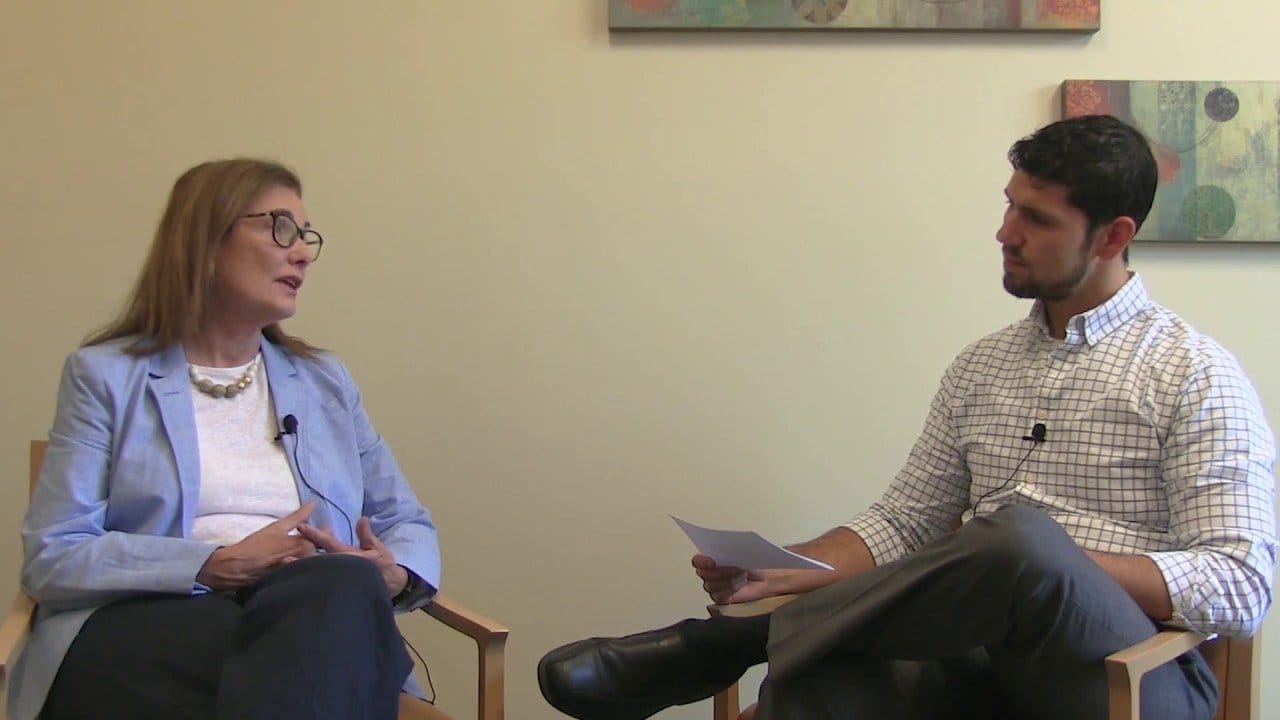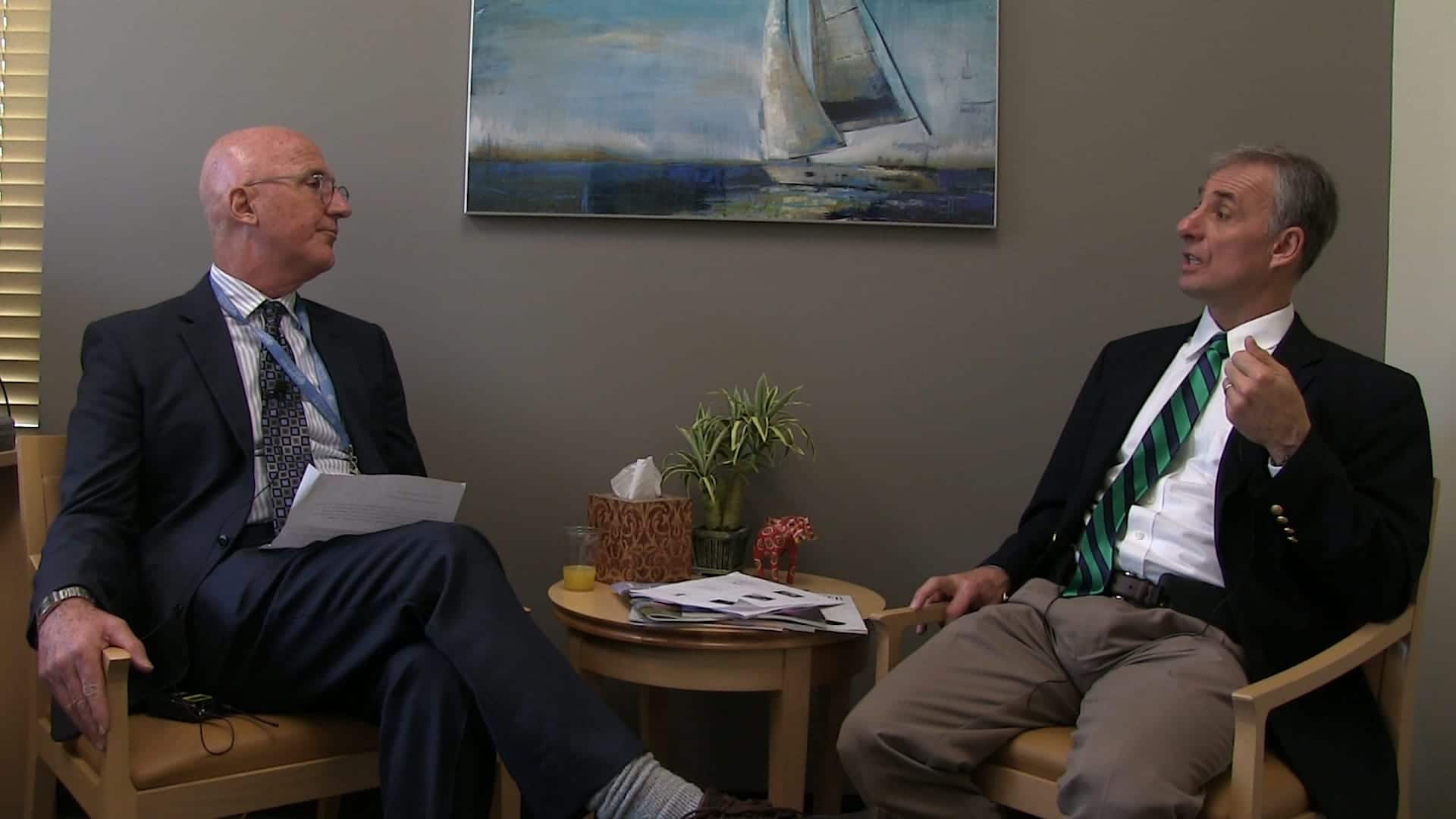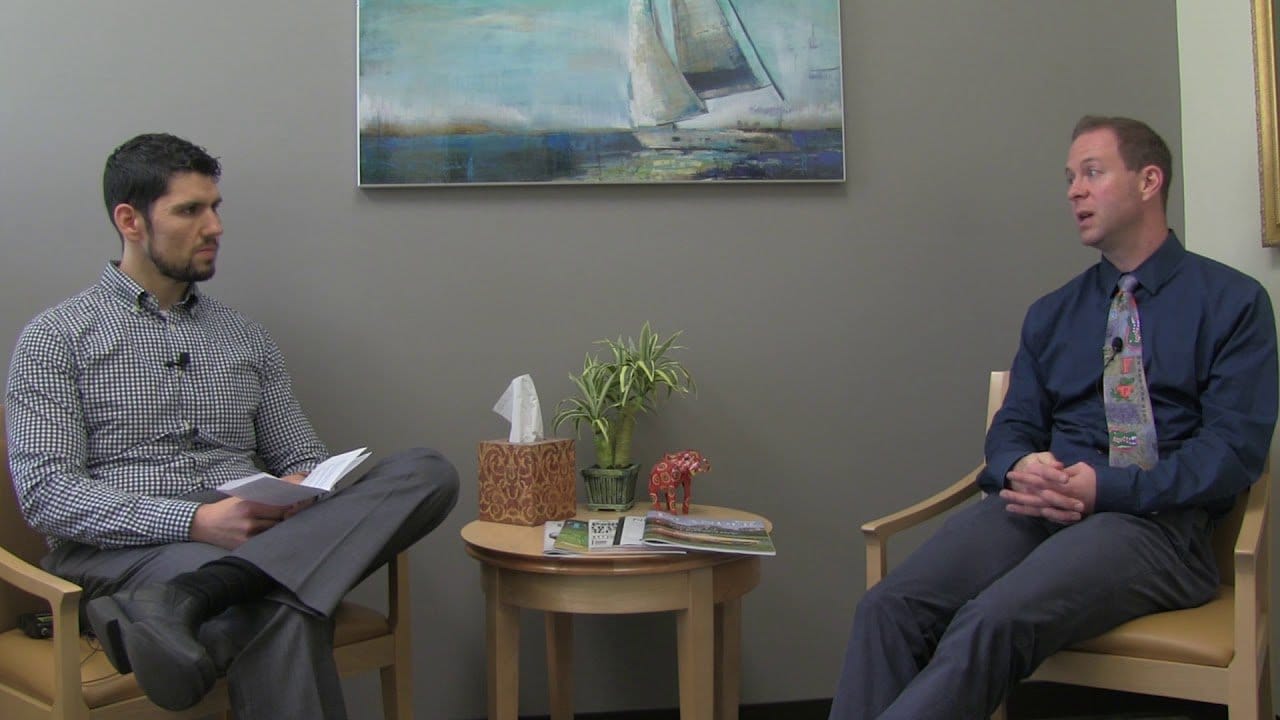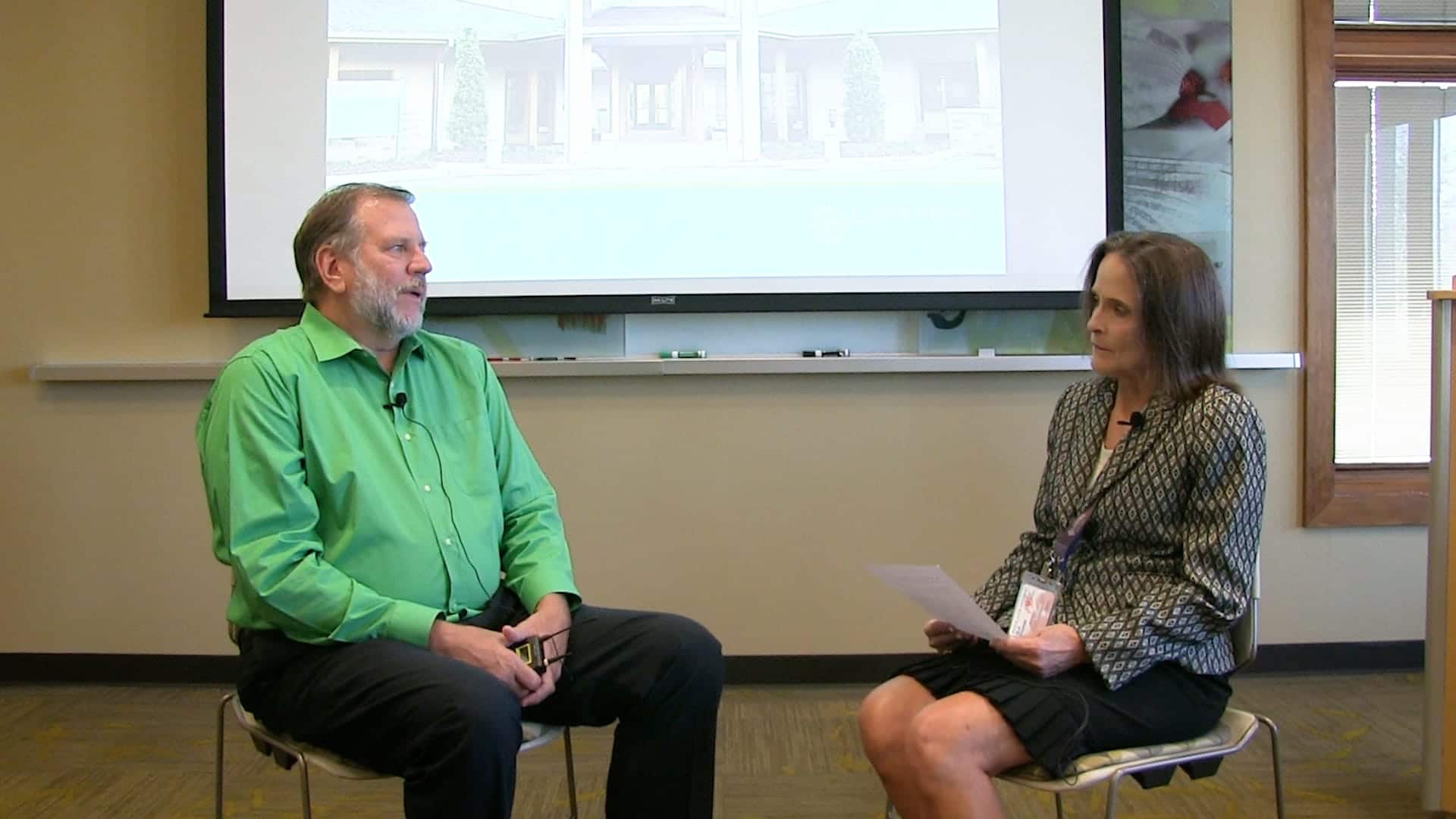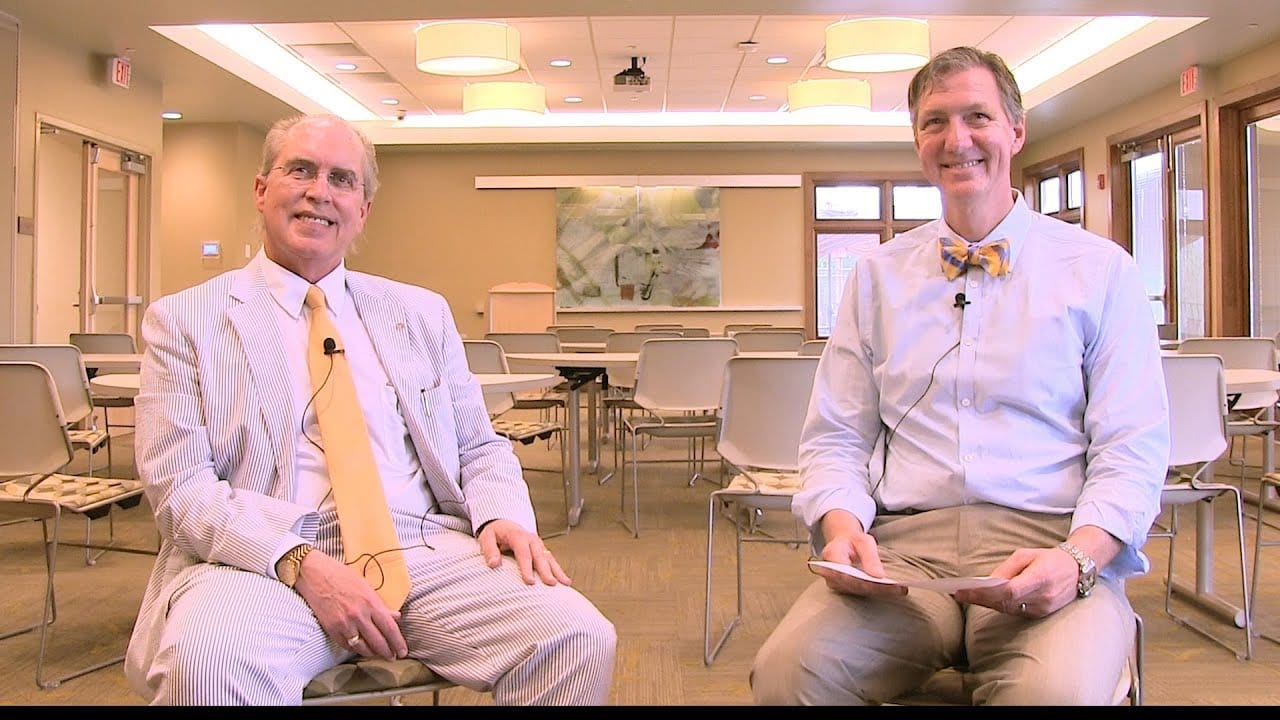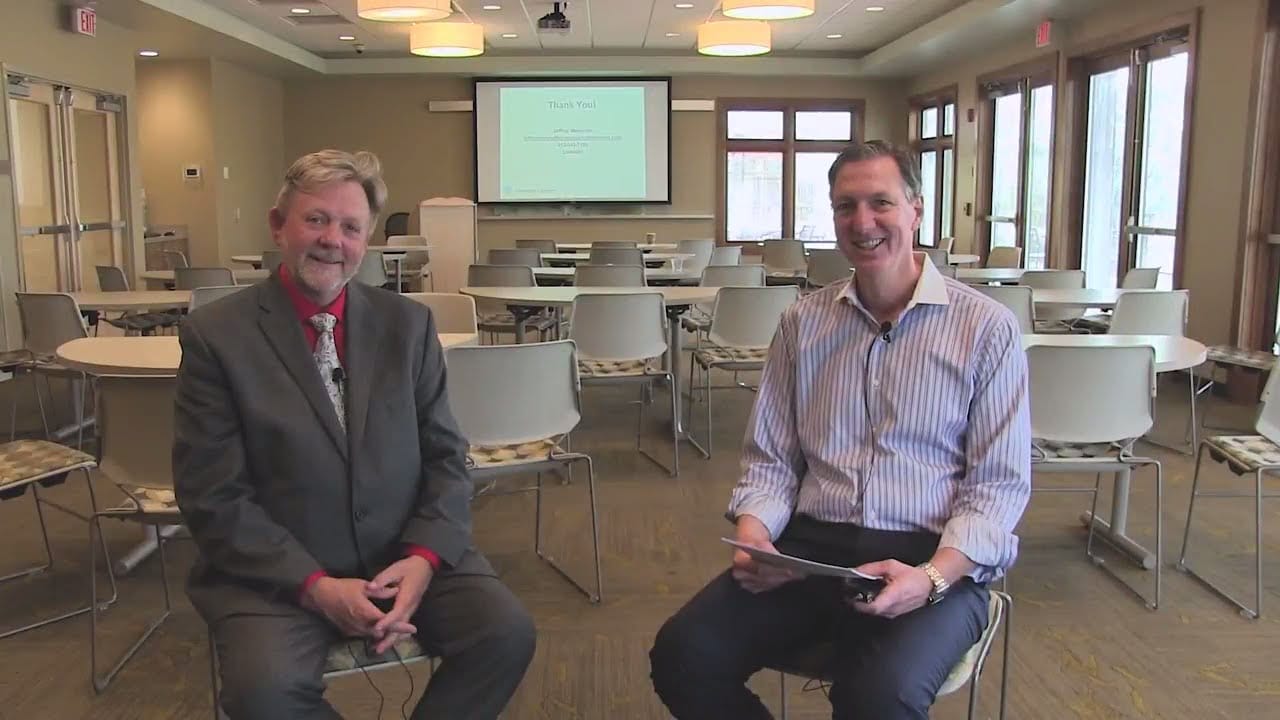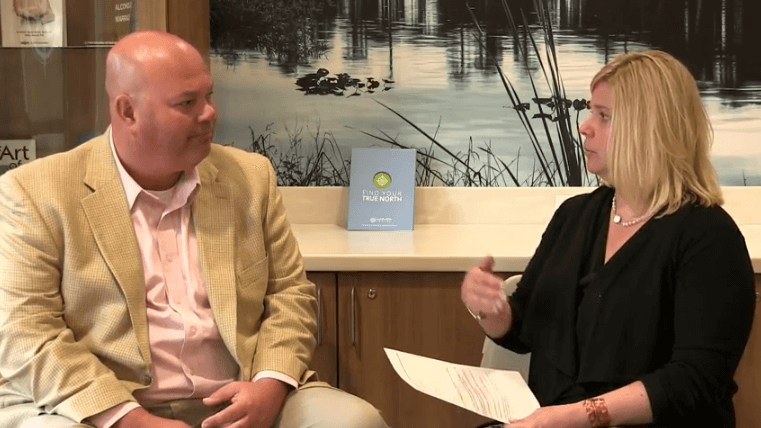

By: Lakeview Health
Gina Thorne sat down with Ken Sieczkowski, CIP, CSAC, BRI-II Interventionist, CEO & Founder of In2Recovery to learn more about their program. Watch their podcast below. https://youtu.be/RrE8R8RhIhw To learn more about services offered at In2Recovery, visit their website at in2recovery.com.
Podcast Transcript
Gina Thorne: Good morning everyone, this is Gina Thorne, and welcome to the Lakeview Video Podcast Series. I am pleased today to be joined by Ken Sieczkowski, whose In2Recovery program is based out of Arizona. It’s nice to have you here! Ken Sieczkowski: Thank you! Gina: Well, we are interested in learning more about In2Recovery, but before we do that, we’d love to hear more about your background. So how did you get into the field of addiction treatment and interventions? Ken: It started about 22 years ago. I was in residential treatment in Delton, Wisconsin. I had degrees in psychology, so I started there and I worked with adolescent males, long-term residential, six months to two years, and I absolutely loved that job. From there I went to Rogers Memorial Hospital in Oconomowoc and I worked with adolescence again, and I learned a great deal there. Two of the doctors asked me to start an outpatient program, so I was the director of that program. At that time I began to facilitate interventions and earlier at Rogers I identified that there was a gap in our treatment, our continuum of care with families of so many discharges didn’t have the resources they needed to continue care and we were really dropping the ball. So that’s when I started In2Recovery. Right now we are working on a platform, we are in Beta testing right now, and it’s a platform to collect outcomes and algorithms and data. Gina: So you obviously have a great experience in bringing that to the world of interventions which of course, is so important for families that are just having a hard time getting their loved one to move to the next step, if you will. Tell us a little about the specifics related to In2Recovery. It’s based off the Washington Physicians Healthcare Model, and so, what would that mean for someone who is not a physician? What would they get from being a part of In2Recovery? Ken: Well any family member can access In2Recovery so what that would look like is, well, back up a little bit, when you mentioned that – I use a process in interventions, so to speak, I’ll use some monitoring to integrate people into treatment. So sometimes I’ll use monitoring. I’m pretty successful, I like to think, of getting people in with the old school model, but by nature I’m more motivational and working with families and really helping them identify where some of their behaviors are what got them here, so it’s a much gentler approach. So I’ll do kind of a pre-case management so that’ll transition smoothly, so by the time we get there, the family and I already have a relationship, the individual knows me, so when they go to treatment, it’s not “the Big Bang” and that anxiety is off the family. So about 20 or 30 of my interventions will look more like a process. Gina: So when I hear about interventionists, a lot of times they’re willing to make a commitment to families pre-intervention, then they do the intervention, and then post-intervention they will follow up a little bit, but it’s really like once the intervention is done, there’s not much engagement. So what you do is well beyond that. Ken: Correct Gina: So talk to us about what that would look like. Ken: So I would like to consider myself a very ethical person. So what I’ve found in the industry, is some interventionists attach themselves to families. I’ve really struggled with that, so I probably don’t sell myself enough on that first meet. And really, when families come to me, it’s usually for an intervention. So I usually give them what they ask for and often times where I’ve fallen short is I don’t talk enough about the long-term care. I read that getting the resources is tough, it’s just tough for families to get the resources to go to residential treatment and they’re overwhelmed. So I try to honor that process and just respect that. Gina: Yeah it’s really confusing. It’s sort of a quagmire for families because they’re already in crisis and then they get some many things thrown at them, so it’s nice that they have someone like you who can be a liaison to help navigate that for them. Ken: Thank you, yeah. And dealing with insurance companies, that’s a difficult conversation. Gina: For sure. That’s just one more layer. Ken: It is. That’s one of the toughest things that we have to do. Gina: Well it’s really been a pleasure having you here and thank you so much for coming to Lakeview and sitting with us in Jacksonville. If someone wanted to get access to your services, how would they get in touch with you? Ken: That would be Ken@in2Recovery.com or my cell number 414-899-9870. Gina: Very nice! Thanks so much for visiting with us, Ken. And for those of you that are watching today, if you’re interested in learning more about Lakeview Health and you need access to residential treatment, please be sure to visit us at lakeviewhealth.multiplica.dev or you can reach us 24/7 at 866-887-0142.
